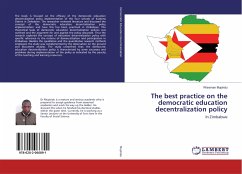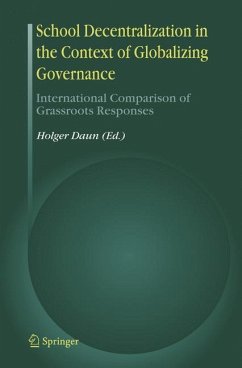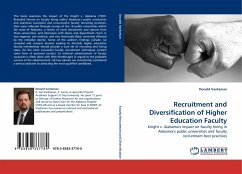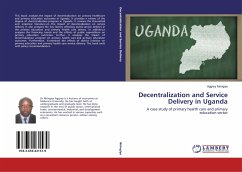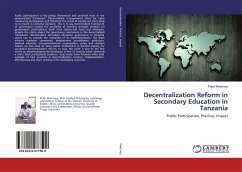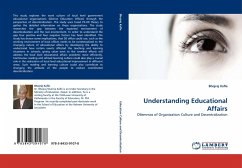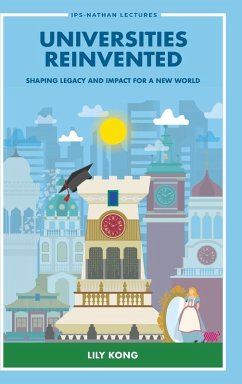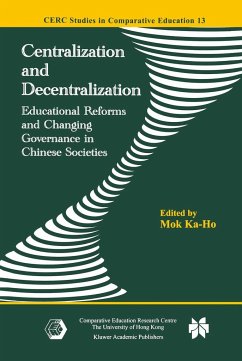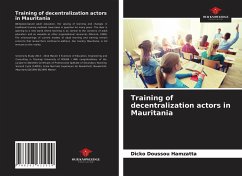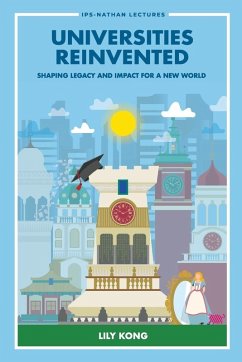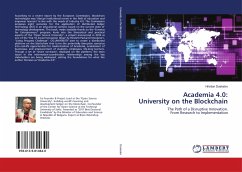
Academia 4.0: University on the Blockchain
The Path of a Disruptive Innovation. From Research to Implementation
Versandkostenfrei!
Versandfertig in 6-10 Tagen
30,99 €
inkl. MwSt.

PAYBACK Punkte
15 °P sammeln!
According to a recent report by the European Commission, blockchain technologies may "disrupt institutional norms in the field of education and empower learners" in line with the needs of Industry 4.0. The Commission proposes eight scenarios for the application of distributed ledger technology (DLT) in an educational context, based on the current state of technology development. This book, made available thanks to the "Erasmus for Entrepreneurs" program, looks into the theoretical and practical aspects of the "Open Source University", a project announced in 2016 as one of the "Top 10 Social In...
According to a recent report by the European Commission, blockchain technologies may "disrupt institutional norms in the field of education and empower learners" in line with the needs of Industry 4.0. The Commission proposes eight scenarios for the application of distributed ledger technology (DLT) in an educational context, based on the current state of technology development. This book, made available thanks to the "Erasmus for Entrepreneurs" program, looks into the theoretical and practical aspects of the "Open Source University", a project announced in 2016 as one of the "Top 10 Social Innovation Ideas" by Hewlett Packard Enterprise's "Living Progress Challenge". OS.UNIVERSITY aims to create a distributed platform on the blockchain that turns the potentially disruptive scenarios into real-life opportunities for modernization of Academia, enablement of businesses, and empowerment of students, employees, life-long learners. Though a set of ''smart contracts'', deployed on the platform, the main issues in the information-coordination relationships among the key stakeholders are being addressed, setting the foundations for what the author foresees as "Academia 4.0".



